Without memory, there is no culture. Without memory, there would be no civilization, no society, no future
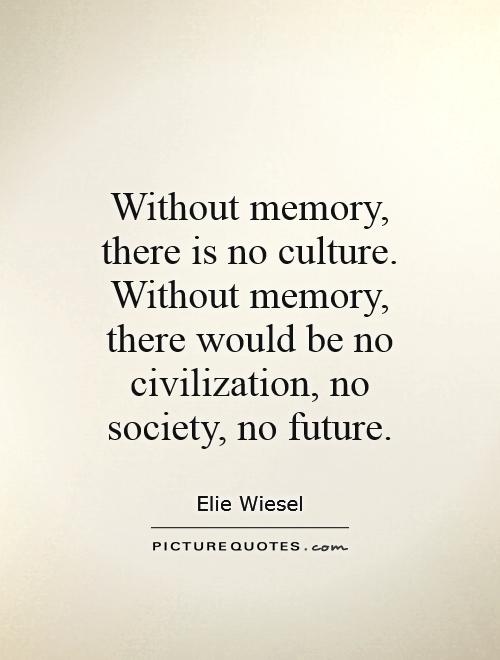
Without memory, there is no culture. Without memory, there would be no civilization, no society, no future
Elie Wiesel, a Holocaust survivor and Nobel laureate, understood the importance of memory in shaping culture, civilization, and society. Throughout his life, Wiesel dedicated himself to preserving the memory of the Holocaust and ensuring that future generations would never forget the atrocities that took place during World War II.Wiesel believed that without memory, there is no culture. Memory is what connects us to our past, our traditions, and our heritage. It is through memory that we learn from the mistakes of the past and strive to create a better future. For Wiesel, the memory of the Holocaust was not just a personal or historical one, but a cultural memory that must be preserved and passed down to future generations.
Without memory, there would be no civilization. Wiesel understood that civilization is built on the collective memory of a society. It is through our shared history and experiences that we are able to come together as a community and build a better world. The memory of the Holocaust serves as a reminder of the dangers of hatred, intolerance, and indifference, and the importance of standing up against injustice and oppression.
Without memory, there would be no society. Wiesel believed that society is defined by its shared values, beliefs, and experiences. It is through our collective memory that we are able to come together as a community and work towards a common goal. The memory of the Holocaust serves as a powerful reminder of the consequences of apathy and inaction, and the importance of speaking out against injustice and standing up for what is right.
Without memory, there would be no future. Wiesel understood that our memory shapes our future. It is through our remembrance of the past that we are able to learn from our mistakes and strive to create a better world for future generations. The memory of the Holocaust serves as a warning to future generations of the dangers of hatred, intolerance, and indifference, and the importance of standing up against injustice and oppression.
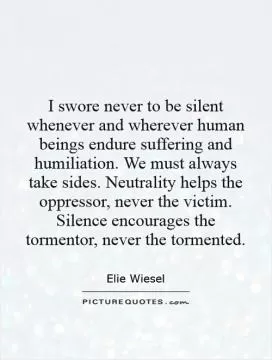
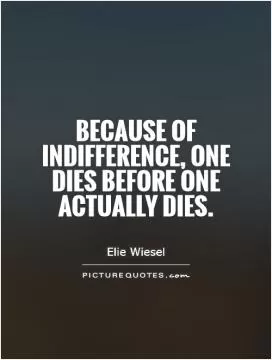


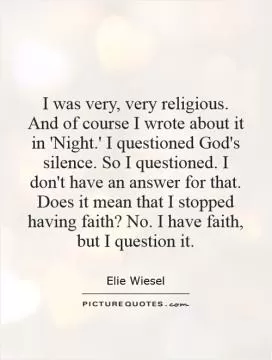
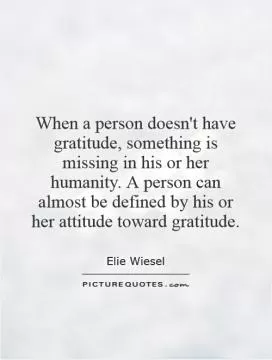
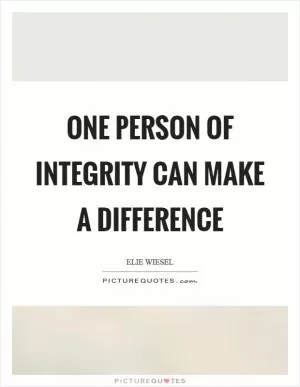

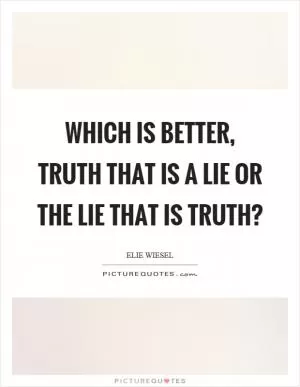
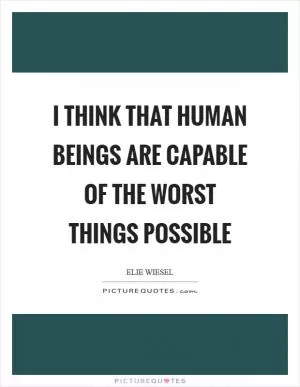
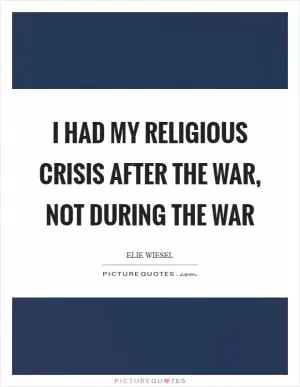

 Friendship Quotes
Friendship Quotes Love Quotes
Love Quotes Life Quotes
Life Quotes Funny Quotes
Funny Quotes Motivational Quotes
Motivational Quotes Inspirational Quotes
Inspirational Quotes